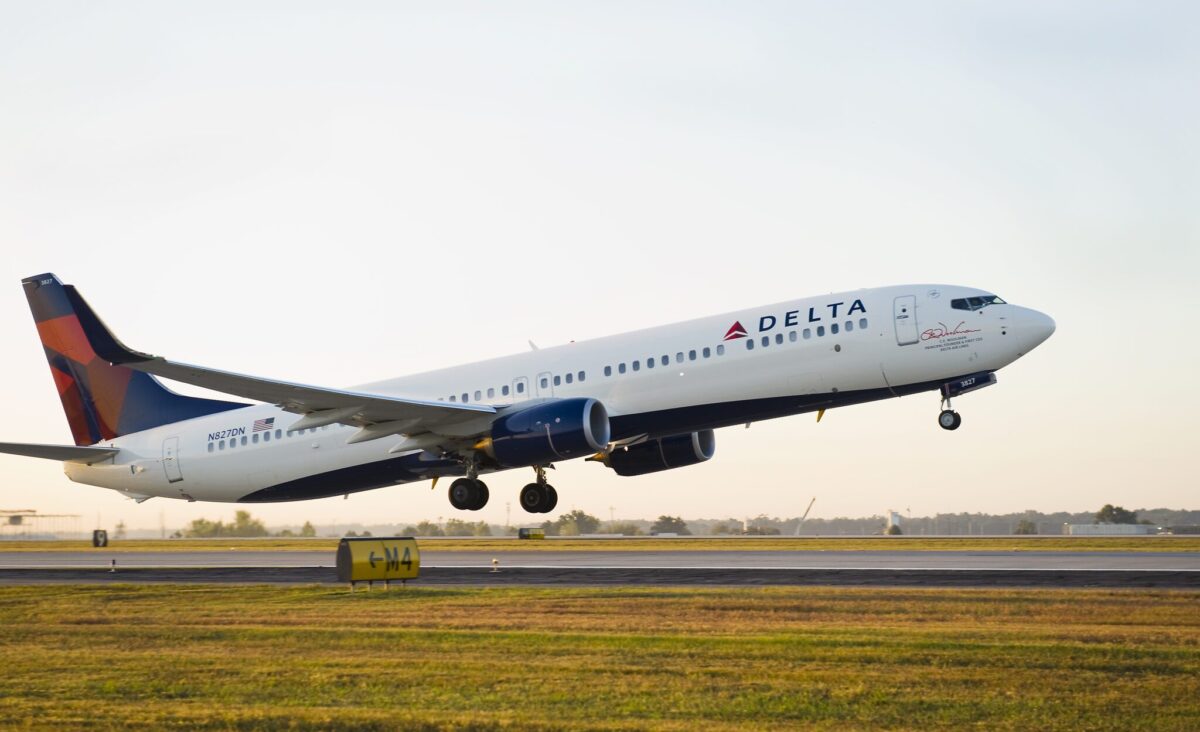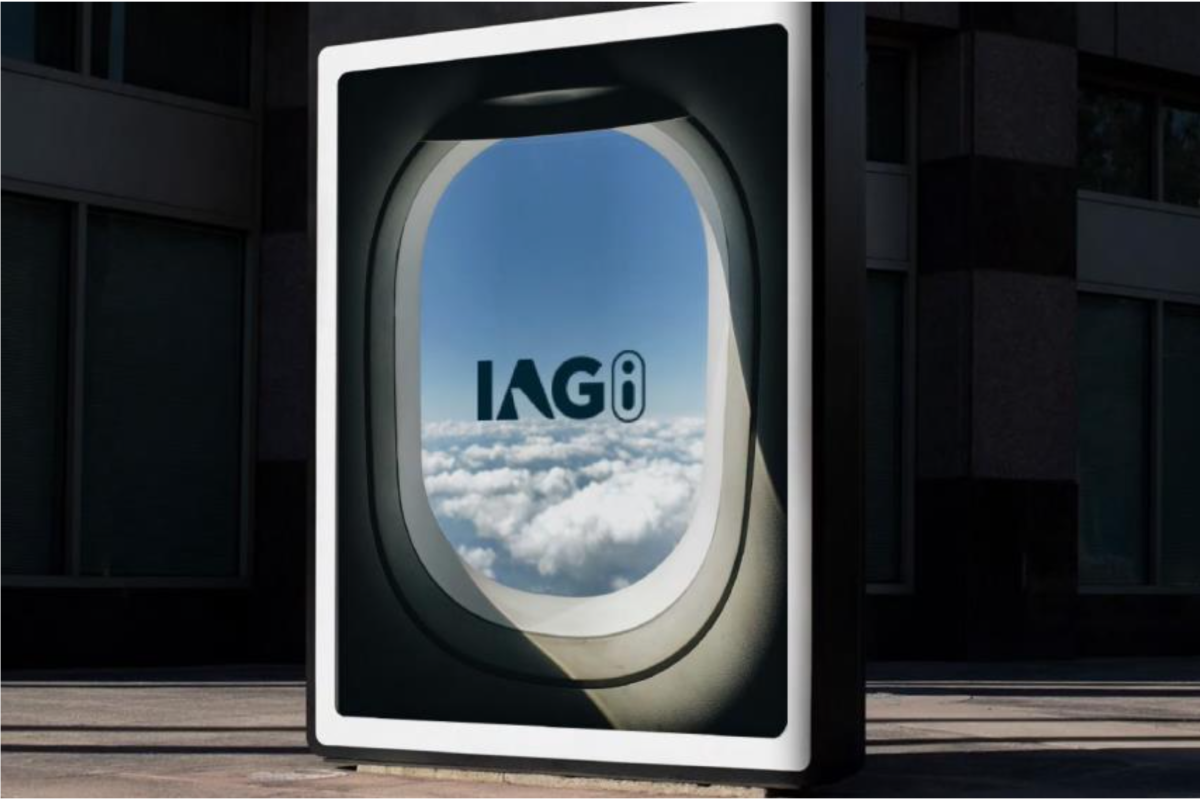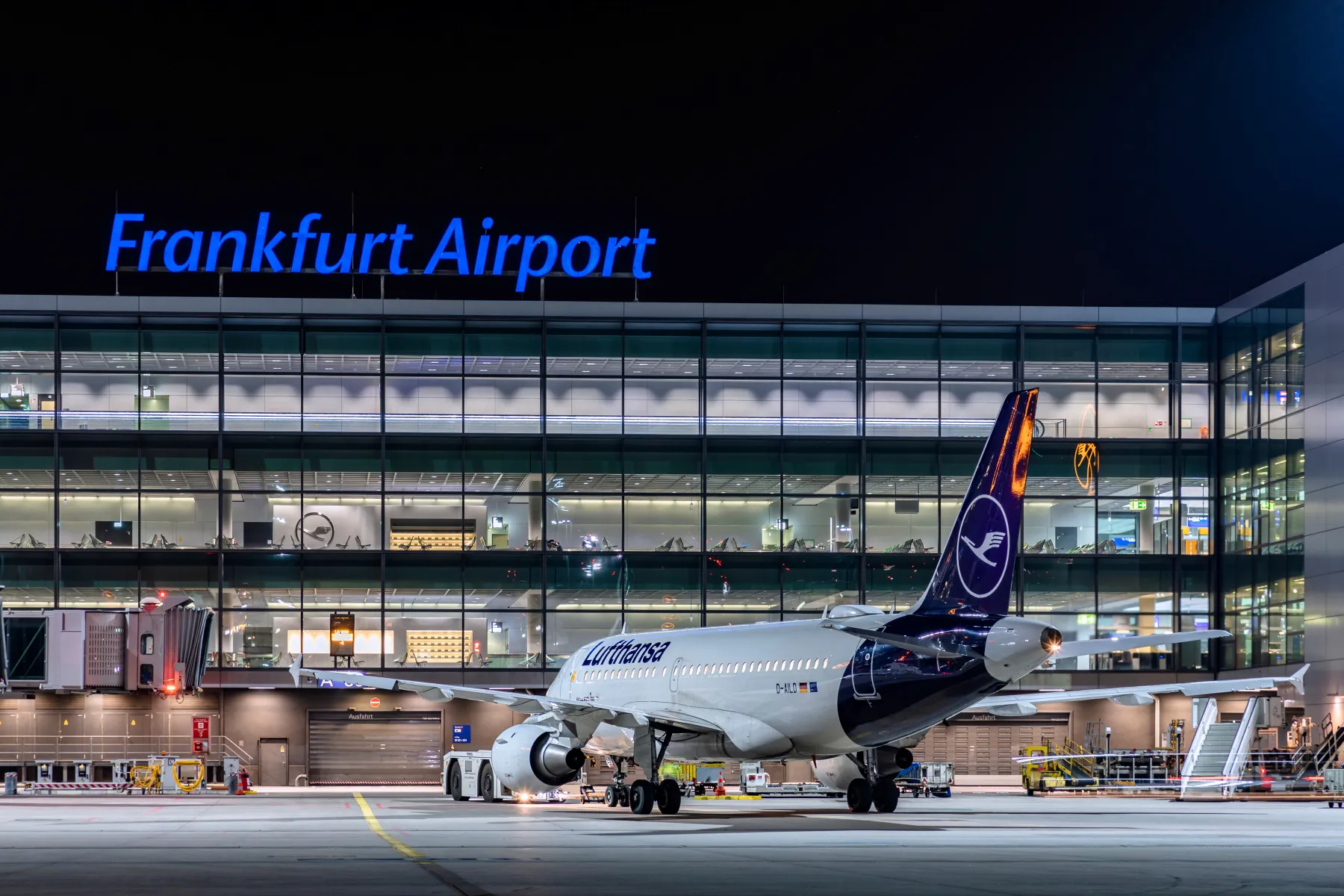TikTok's Short-Form Video Revolution Gains Traction in Search for Destinations

Skift Take
Destination marketing organizations are facing new pressures to adopt digital strategies as TikTok continues to grow and popularizes short-form video marketing in tourism.
Short-form video marketing is becoming more important than ever. “It's definitely an evolution," said Amir Eylon, CEO and President of research firm Longwoods International. "It’s definitely becoming more and more important medium for destinations to get their message out there.”
Digital platforms are pushing short-form video content to users than ever before. Meta and Instagram are prioritizing Reels, YouTube is prioritizing YouTube Shorts and Google is prioritizing video content in its search results.
All these new features are following in the footsteps of the short-form video platform TikTok, which has become a strong player in travel shopping. It’s even taken a chunk of Google when it comes to search in travel. Around 40 percent of travelers over the age of 30 prefer TikTok over Google as a search tool in travel, according to a Portrait of American Travelers, an annual survey by MMGY Global, a travel and hospitality marketing agency.
“Early decision-making is where a lot of our respondents talk about how TikTok influences their decision of where to go and where to stay, whereas Google, especially as they get more aggressive against online travel agencies, has moved down in some ways,” said Clayton Reid, CEO of marketing firm MMGY.
Short-form videos can be effective at enabling marketers to get their message across to customers when they are their most receptive, according to Longwoods' Eylon.
More destinations are waking up to this reality. Visit Norway and Visit Morocco, for example, starting posting videos last year. Visit Berlin posted its first video in August this year.
A greater share of destination marketing organization (DMOs) budgets are going toward marketing on TikTok. “Of our own clients, we’ve seen a 71 percent increase in third quarter 2022 vs. third quarter 2021 in budget allocation,” Reid said. About one fourth of the firm’s total paid social media spend on behalf of clients is now in TikTok.
To succeed, however, DMOs need to rethink what TikTok is more than just social media, which emphasizes sharing of carefully crafted images and text by influencers or between peers. “It is a short-form streaming more than social media,” said Ross Borden, CEO and founder of Matador Network, a travel content creator community which also has a TikTok account with over 6.8 million followers and helps DMOs grow theirs.
TikTok is more than just Gen Z users sharing videos with each other. A rising share of users are from the over the 30 segment and most users are content consumers instead of creators, according to MMGY’s Reid and Matador's Borden. TikTok’s algorithm zeroes in on their interests and pushes that content in front of them on the ForYouPage.
This presents an opportunity for them to be organically discovered by aspiring tourists, but it also means DMOs now have to develop original content. “There’s a demand on TikTok to do more creative and original content so clients have to allocate budget on the creative side. You can’t just repurpose old content,” MMGY’s Reid said. DMOs have to come up with ideas themselves or pay creators with large followings on TikTok.
DMOs won't succeed with an Instagram mindset, under which perfection on very often staged imagery is heavily emphasized, according to Matador’s Borden. Authenticity is the asset that should be a be embraced. “Things don’t have to be perfect,” Borden said. “They just have to be unique and interesting.”
Users want to be entertained and inspired. "It's finding a way in short-form content to build brand equity and to build a message that resonates in an authentic way," MMGY's Reid said.
Small destinations and attractions have an opportunity to better compete for visitor attention with their bigger counterparts with effective storytelling, according to Borden. DMOs can also spotlight more stakeholders, attractions and their destination's hidden gems.
“Five years ago, if you might spend your video budget on one or two long-form spots, and only put them on a few platforms,” said Borden. “Now with quality short-form video, you are able to put it on virtually all platforms and feature more places and more experiences.”
There’s also an opportunity for destinations to lean on their unique cultural heritage. In a summer campaign for the annual Grand Prix, Singapore Tourism Board partnered with the popular TikTok Australian trio Swag on the Beat to feature three local grandmothers who shared what they enjoy most about living in Singapore. Some of their videos have garnered over a million views.
Borden thinks the success of TikTok is only the beginning. He expects short-form video to be the most important form of marketing in the next decade as smartphone remain in use. "Our prediction is that people are going to rely less on articles and more on getting not only inspiration but information on short-form vertical video," he said.




